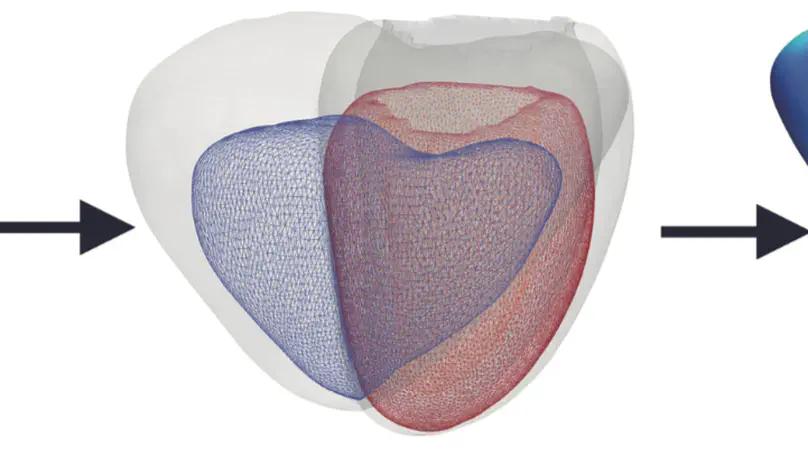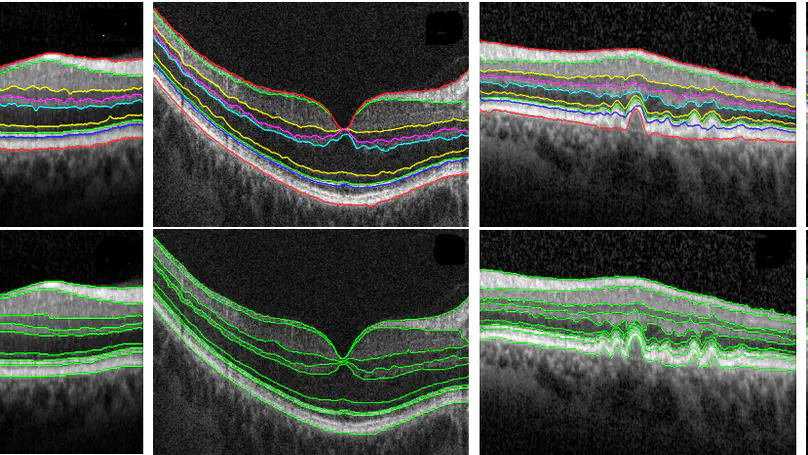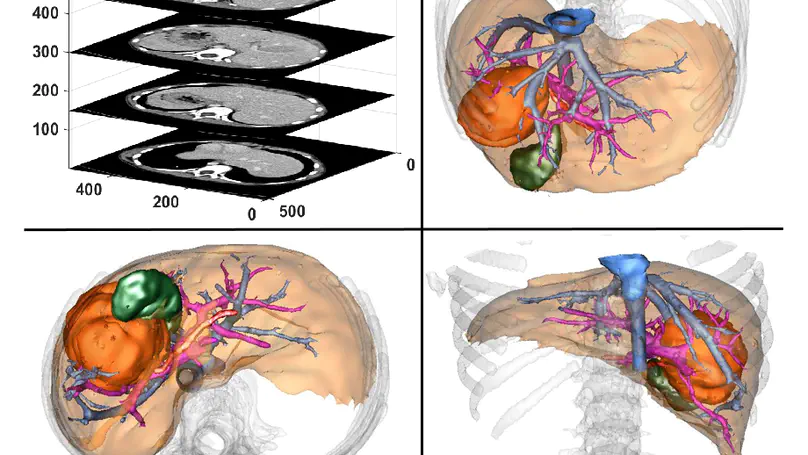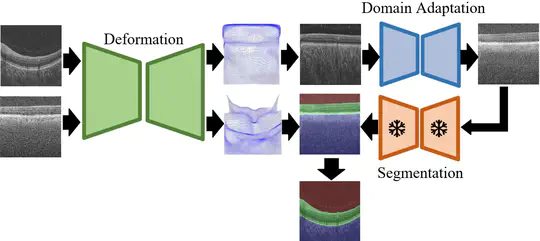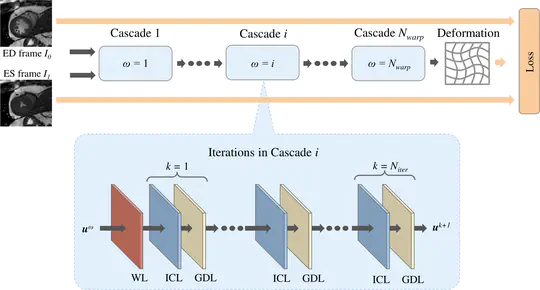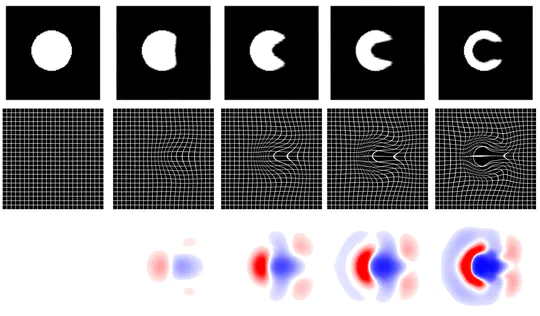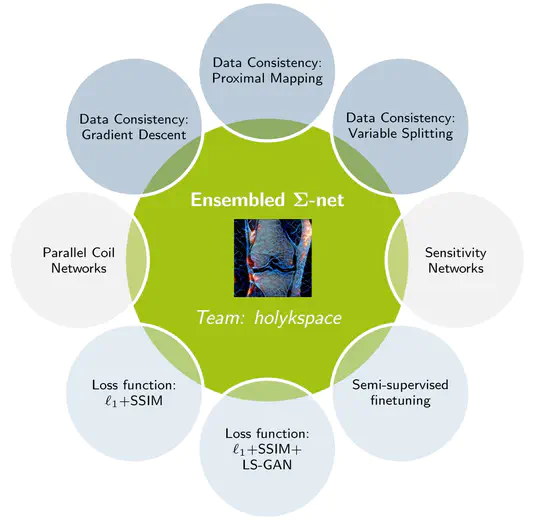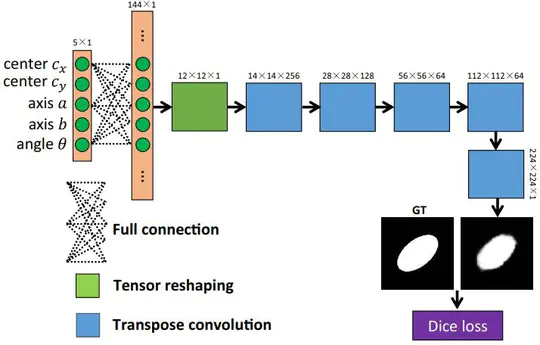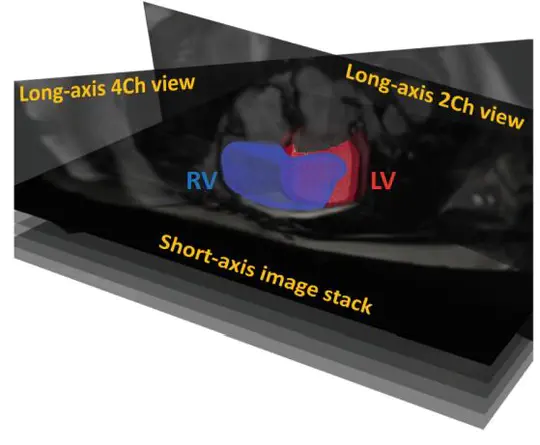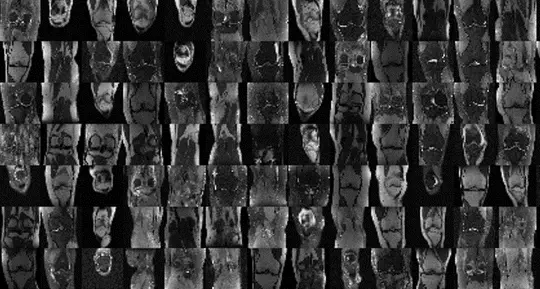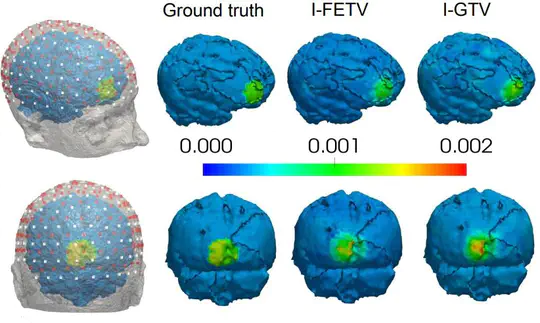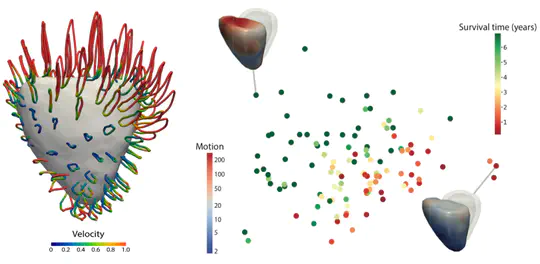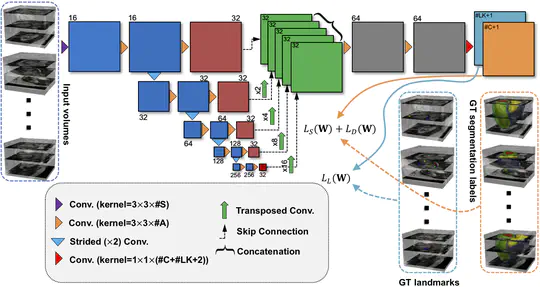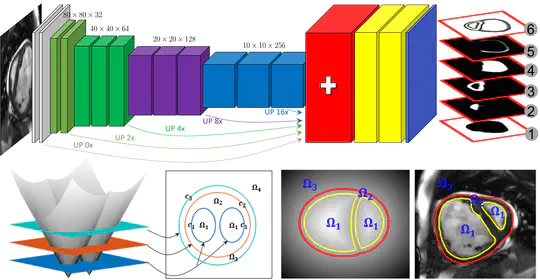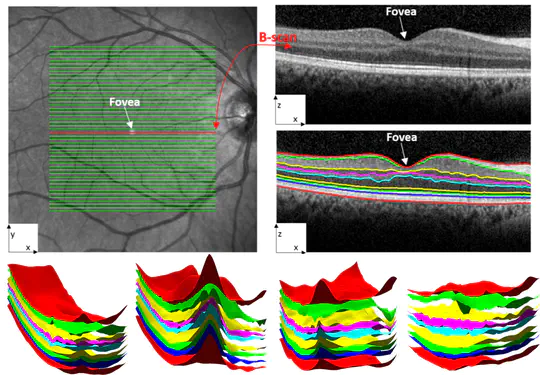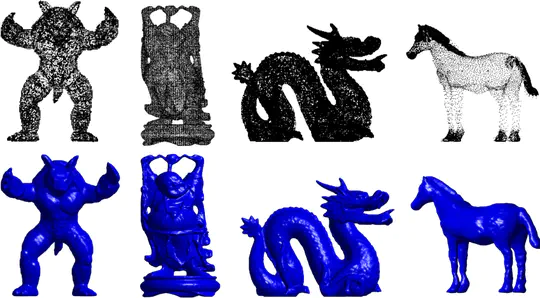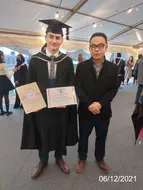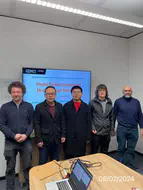Jinming Duan
Associate Professor, Turing Fellow and Fellow of the Higher Education Academy
University of Manchester
Jinming is now a Senior Lecturer (Associate Professor) within the Division of Informatics, Imaging and Data Sciences at the University of Manchester. He received his PhD from the University of Nottingham in 2018, followed by postdoctoral research at Imperial College London. In 2019, he joined the University of Birmingham as an Assistant Professor and was awarded Honorary Associate Professor in 2024. Jinming was named a Turing Fellow in 2021 by The Alan Turing Institute for his contributions to AI and data science. He is also a Fellow of the UK Higher Education Academy (HEA) and serves on an Associate Editor for several scientific journals, including IEEE Transactions on Neural Networks and Learning Systems.
Jinming’s research includes neural nets, generative models, variational methods, partial/ordinary differential equations, and numerical optimisation, with applications to medical imaging computing and analysis. His work has appeared across multiple application publications, including proceedings such as IPMI, MICCAI, CVPR, ECCV, ICCV, NeurIPS, AAAI, etc, and journals such as The Lancet, Nature Machine Intelligence, TPAMI, TMI, TIP, etc. His research has been cited over 5,000 times on Google Scholar, with three papers recognised as Highly Cited by ESI. He holds five patents and has led or contributed to research projects with funding totalling around £1.2 million.
I am currently looking for outstanding, motivated PhD and visiting students. If you are interested please get in touch.
Recent News
A paper about multi-modal learning has been accepted for publication at IEEE Transactions on Pattern Analysis and Machine Intelligence.
A paper on inverse problems and MRI reconstruction has been accepted for publication at Medical Image Analysis.
We have a postdoc position, funded by the British Heart Foundation, on applying advanced machine learning techniques to automate and accelerate the analysis of large-scale cardiac imaging datasets.
My scholarly contributions place me among the top 0.5% of scholars globally, as per the 2024 ScholarGPS rankings.
A paper about temporal-frequency transformers has been published by IEEE Journal of Biomedical and Health Informatics.
A fully funded 4-year PhD position in heart failure detection and risk prediction is now available. Funded by the British Heart Foundation, the position is open to both home and international students.
Projects
Selected Publications
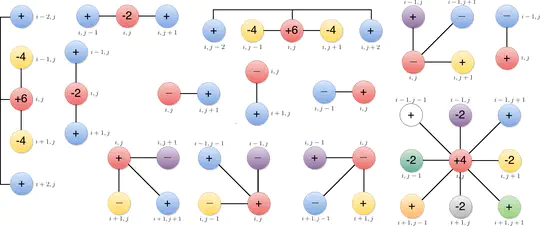
Teaching
Leadership
- Director of MSc in Applied AI for Medical Imaging
Lecturing
- Visualisation
- Neural Computation and Neural Computation (Extended)
- Data Science Group Project
- Current Topics in Data Science
- MSc & BSc Project Supervision
Teaching Assistant
- Computer Graphics, Spring Semester 2016-2017
- Graphical User Interfaces, Spring Semester 2015
Contact
- Jinming.Duan@manchester.ac.uk
- 0121 414 3743
- Room G.527, Stopford Building, Oxford Road, Manchester, M13 9PL
